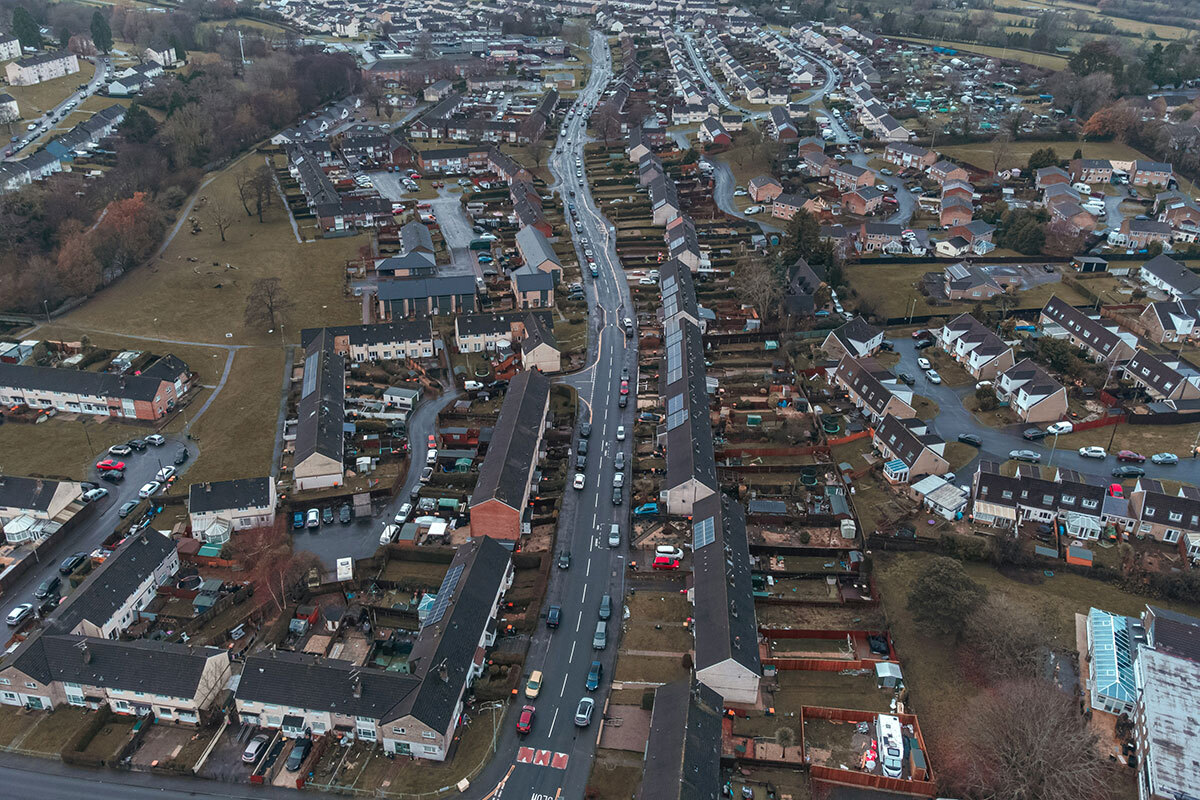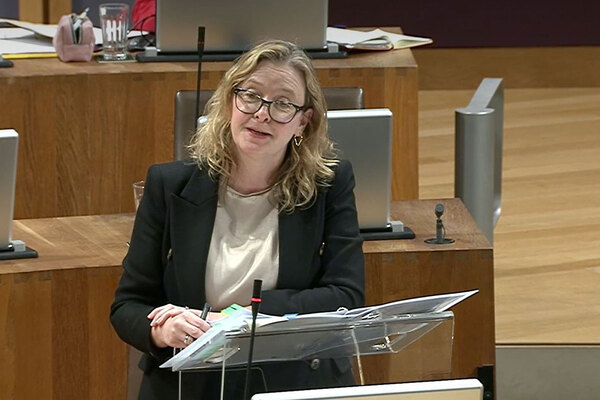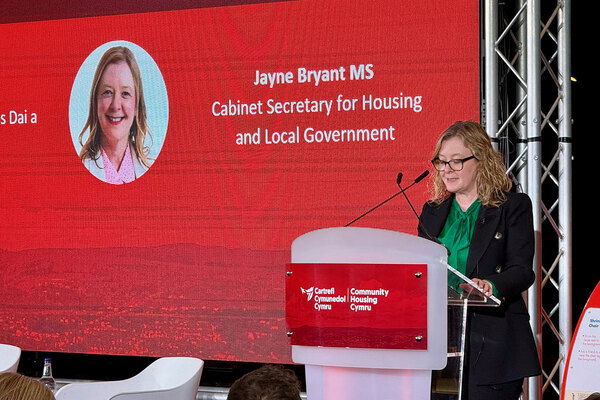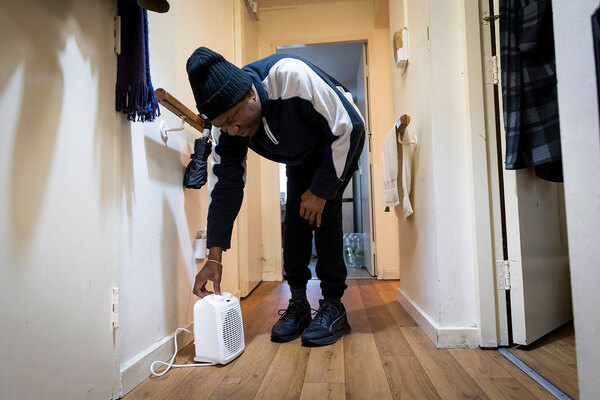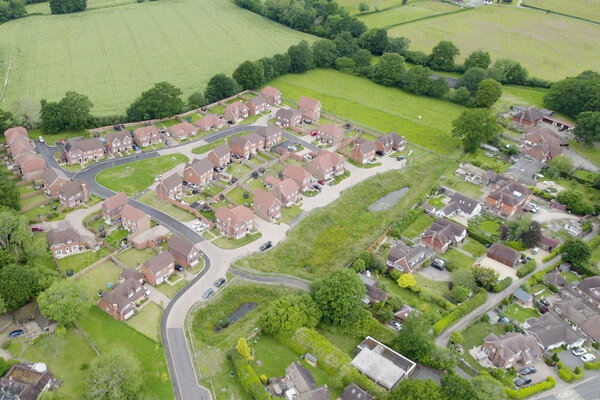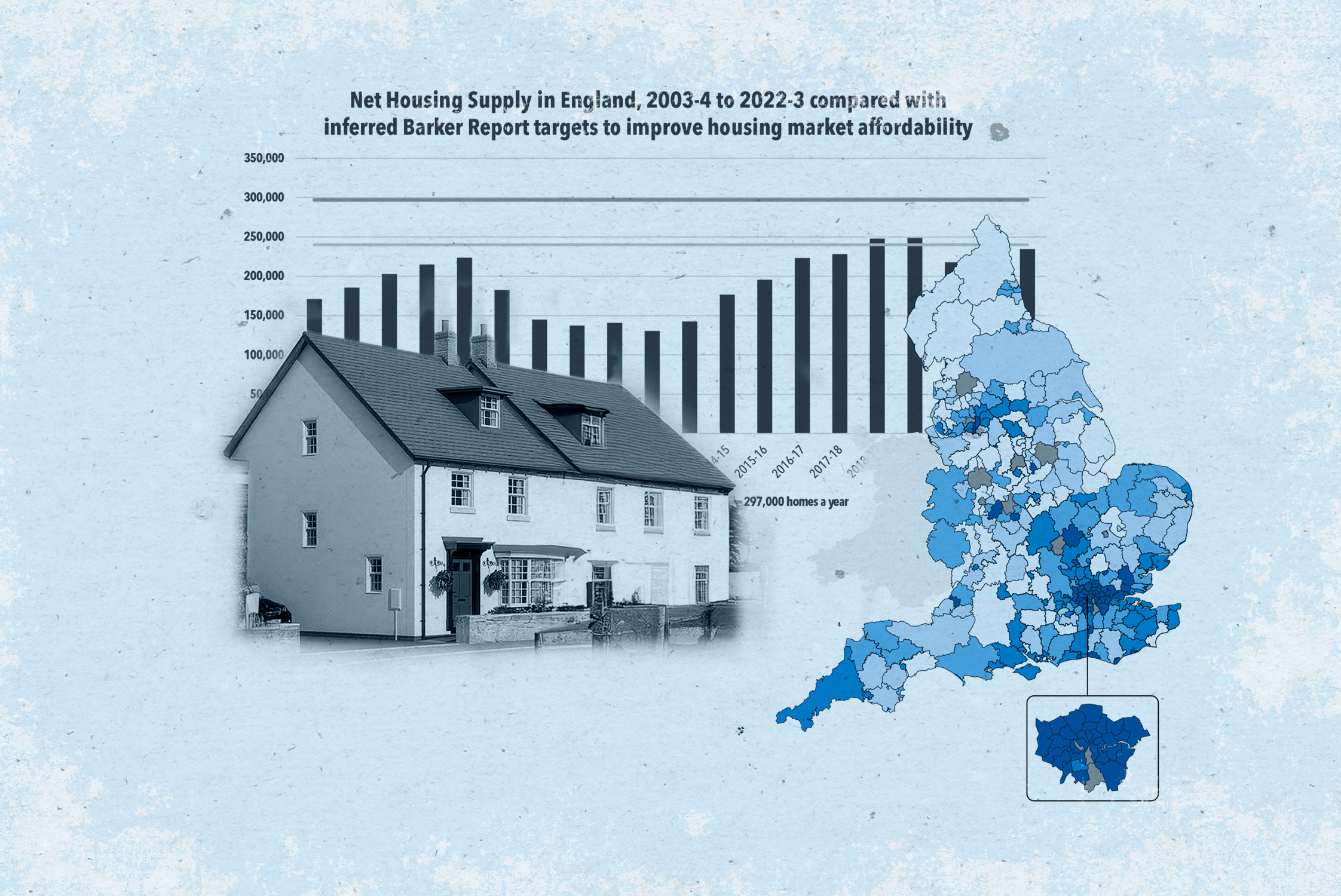You are viewing 1 of your 1 free articles
Housing crisis in Wales risks government’s plan to become ‘nation of sanctuary’
Housing Justice Cymru said the current housing crisis will derail the Welsh government’s goal of becoming a “nation of sanctuary”.
The charity has called on the government to work with charities, local government and housing associations to prevent people seeking sanctuary in the country from becoming homeless.
A new report, called We can’t be a nation of sanctuary without housing, found that 86% of housing associations in Wales had supported councils through the UK government’s resettlement schemes.
The schemes have provided housing solutions for people affected by the wars in Ukraine, Syria, Iraq and Afghanistan. However, very few have been engaged in finding housing solutions for people from countries outside of these schemes, according to the report.
The report was based on interviews with 35 housing associations across Wales. According to Housing Justice, housing associations are best placed to support the housing element of the ‘nation of sanctuary’ goals, as opposed to the private rented sector.
The nation of sanctuary plan was first set out in 2019. Key issues for the initiative included making sure all refugees and asylum seekers having access to health, education, advocacy and integration support.
While all landlords interviewed said they support the government’s aim, all said they had a “deep concern” about the general level of homelessness that now exists across Wales.
According to the report, when asked what stands in the way of a housing association doing more to help, one interviewee said there was “just not enough housing”.
It also highlighted how “people are still in hotels post-pandemic. There is no move-on. The majority are single people, but some are families. We’re supporting one family where there’s three people in one room”.
Housing associations said they were happy to support the achievement of becoming a nation of sanctuary, but this was dependent on whether their local authority wanted them to, the government being supportive of them contributing and whether their engagement was sustainable financially.
Nicola Evans, director of Housing Justice, said: “Many interviewees told us that councils are generally looking to the private rented sector to provide accommodation for most people seeking sanctuary in Wales.
“At the same time, they reported a huge decline in the number of private rental properties available. We also know from our work and that of partner organisations, that people seeking sanctuary generally don’t have the references or deposits needed to access accommodation in the private sector.
“In our view, social housing providers need to be part of the solution. Without their engagement, we anticipate seeing more people who have fled war and persecution facing homelessness and it’s very difficult to see how we will ever legitimately be able to call ourselves a nation of sanctuary.”
Recommendations in the report include reviewing homelessness policy, legislation and allocations from the perspective of people seeking sanctuary.
It also advised bringing together refugee community organisations, local government and housing and homelessness sectors to design a human rights-based learning – similar to that in Scotland.
While the introduction of the Temporary Accommodation Capital Programme has enabled local and housing authorities to bring more properties into the social housing sector to address homelessness, the report suggested more can be done to ensure this approach supports people seeking sanctuary.
It also contributes to a Comic Relief-funded collaborative project between Housing Justice Cymru, Welsh Refugee Council and Tai Pawb.
Alicja Zalesinska, chief executive at Tai Pawb, said: “Earlier this month, the Welsh government published its updated Anti-racist Wales Action Plan. The plan reaffirms the commitment to anti-racism in all housing endeavours, central to which is the ambitious goal to make homelessness rare, brief and unrepeated.
"We cannot achieve this ambition without decisive government action to address the rising homelessness among people seeking sanctuary. Increasing the engagement of the housing sector is essential to making this vision a reality.”
In response to the report, a Welsh government spokesperson said: “We are pleased to see the support of our shared aim of becoming a nation of sanctuary.
“We support housing association efforts to provide sustainable placements for the relatively small number of marginalised sanctuary seekers who need them.
“In Wales, we take a ‘no one left out’ approach to homelessness, and this year alone are investing almost £220m in homelessness prevention and housing support to help reduce the flow of people needing temporary accommodation.”
Housing Justice’s concern comes at the same time as a Senedd inquiry called for a national development corporation to speed up housebuilding and for the Welsh development bank to become a direct funder of social housing to help meet targets.
Sign up for our Wales newsletter
New to Inside Housing? Click here to register and receive our Wales round-up straight to your inbox
Already have an account? Click here to manage your newsletters
